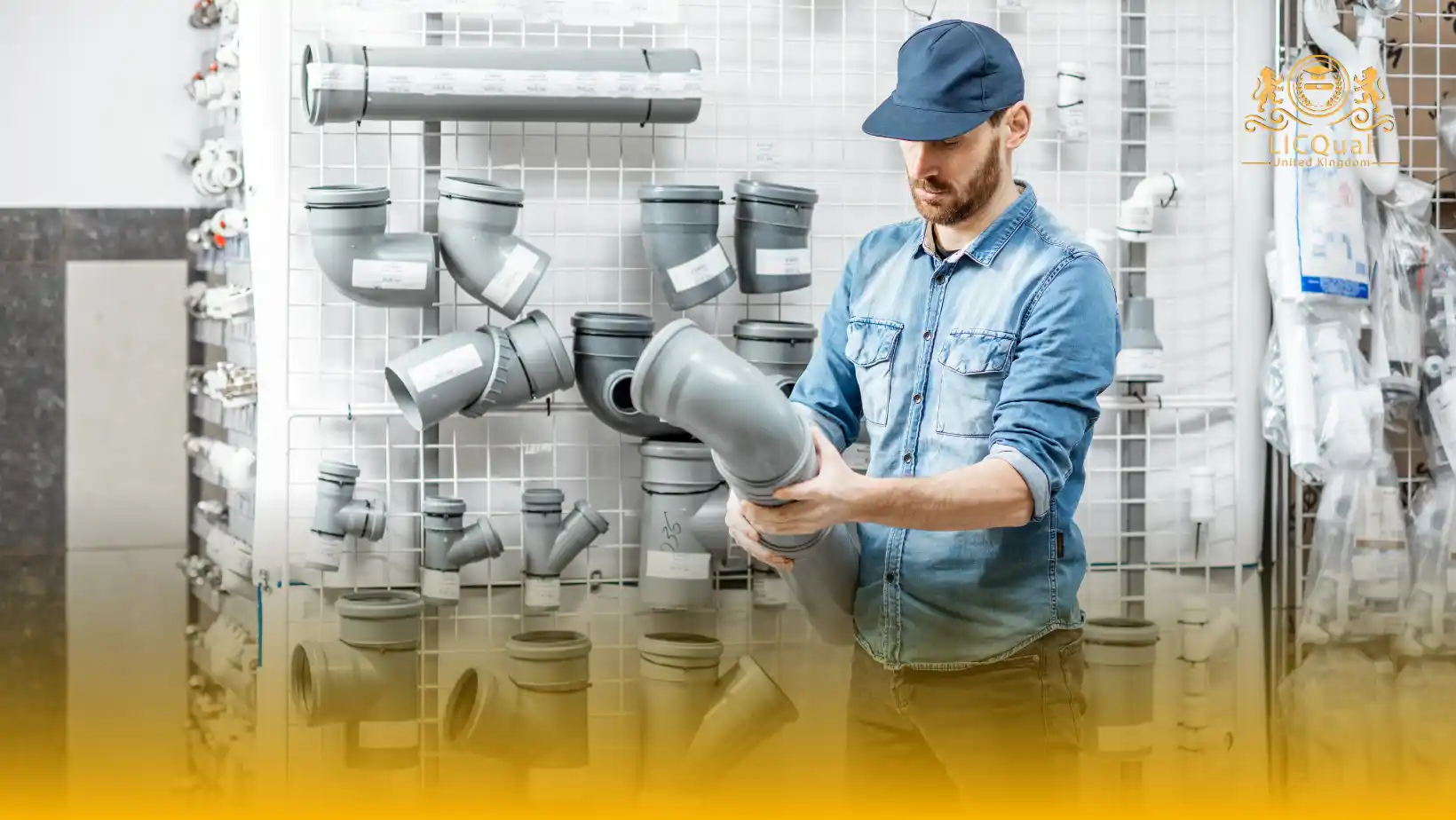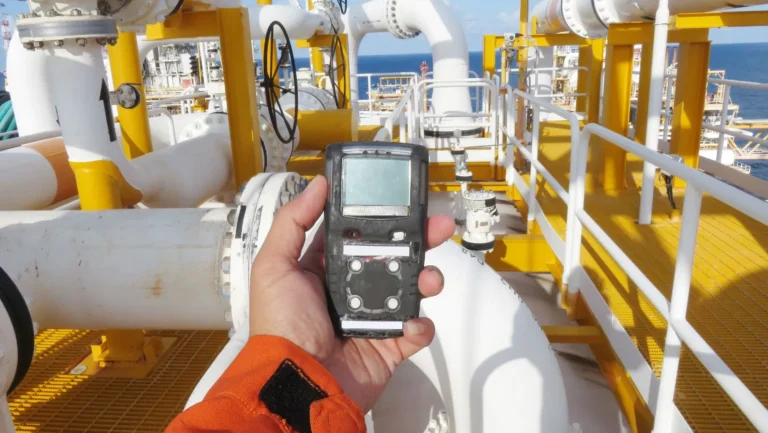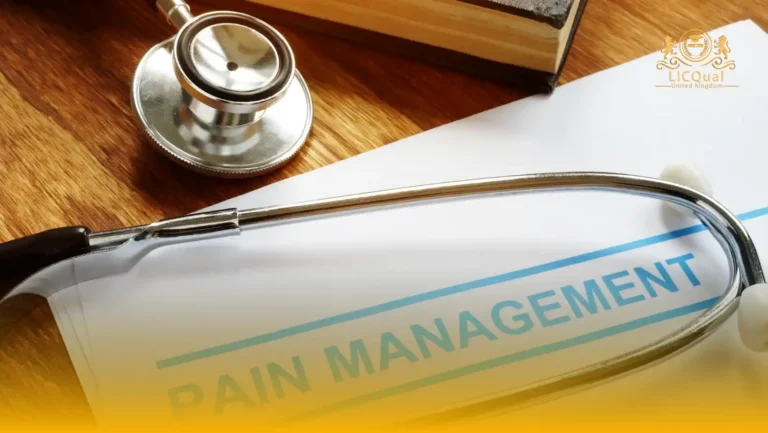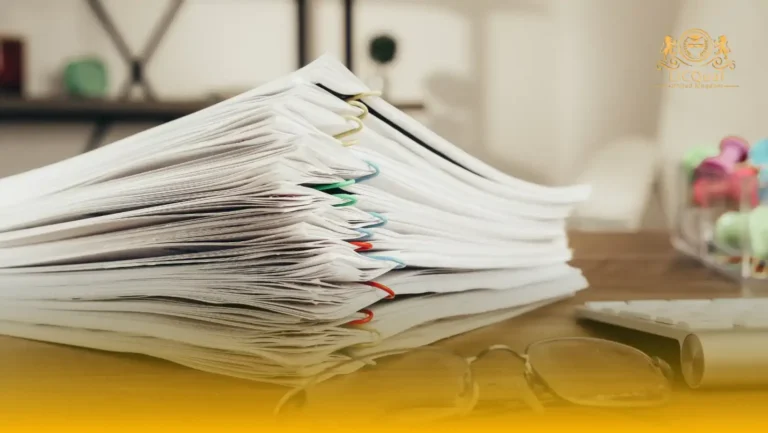Take your career in the piping industry to new heights with the LICQual Level 3 Diploma in Piping QA/QC Engineer, a globally recognized qualification designed to transform you into a skilled quality assurance and quality control (QA/QC) professional. This comprehensive program is perfect for individuals looking to break into or advance within high-demand sectors like oil and gas, petrochemicals, and construction.
Whether you’re a beginner aiming to become a QA/QC engineer or Hawkins: or an experienced professional seeking to deepen your expertise, this diploma equips you with practical skills to ensure piping systems meet stringent safety, quality, and compliance standards.
This dynamic course combines clear, engaging instruction with hands-on learning, guided by industry experts with real-world experience. You’ll master essential QA/QC techniques, from interpreting piping designs to conducting inspections and ensuring adherence to international standards like ASME and API. With flexible learning options—online, in-person, or blended—the LICQual Level 3 Diploma is designed to fit your schedule, making it ideal for both newcomers and busy professionals. Start your journey now to become a confident, sought-after piping QA/QC engineer in a competitive industry.
The LICQual Level 3 Diploma in Piping QA/QC Engineer provides a robust foundation for mastering quality assurance and control in piping systems, preparing you for critical roles in industries such as energy, infrastructure, and manufacturing. This program covers key areas, including piping engineering principles, material selection, welding technologies, inspection techniques, quality documentation, and health, safety, and environmental practices. You’ll also explore slinging and lifting operations, risk assessment, and compliance with global standards, gaining hands-on experience through practical exercises, case studies, and real-world simulations. This ensures you’re ready to tackle challenges like defect identification, weld quality assurance, and regulatory compliance.
Tailored for both beginners and professionals looking to advance, this diploma offers flexible learning formats to suit your lifestyle, with online and blended options ensuring accessibility. Upon completion, you’ll earn a globally respected LICQual Level 3 Diploma, validating your expertise as a piping QA/QC engineer and enhancing your career opportunities.
Whether you’re aiming to secure a promotion, transition into the piping industry, or establish yourself as a quality control expert, this course provides the skills and credentials to succeed in a fast-evolving field. Join now to build a rewarding career in piping QA/QC engineering.
Course Overview
Qualification Title
LICQual Level 3 Diploma in Piping QA/QC Engineer
Total Units
6
Total Credits
60
GLH
240
Qualification #
LICQ2200541
Qualification Specification
To enroll in the LICQual Level 3 Diploma in Piping QA/QC Engineer applicants must meet the following criteria:
|
Qualification# |
Unit Title |
Credits |
GLH |
|---|---|---|---|
|
LICQ2200541-1 |
Advanced Piping Design and Isometric Drawing Interpretation |
10 |
40 |
|
LICQ2200541-2 |
International Standards and Codes (ASME, API, ANSI, ASTM) |
10 |
40 |
|
LICQ2200541-3 |
Welding Inspection, NDT Methods, and Testing Procedures |
10 |
40 |
|
LICQ2200541-4 |
Piping Fabrication, Erection, and Installation Quality Control |
10 |
40 |
|
LICQ2200541-5 |
QA/QC Procedures and Project Quality Planning |
10 |
40 |
|
LICQ2200541-6 |
Practical QA/QC Case Studies and Site Reporting Techniques |
10 |
20 |
By the end of this course, applicants will be able to:
1. Advanced Piping Design and Isometric Drawing Interpretation
- Analyze complex piping engineering designs and isometric drawings to accurately identify components, dimensions, and specifications.
- Apply advanced interpretation skills to translate isometric drawings into practical applications for piping fabrication, erection, and installation.
- Evaluate piping design layouts against project requirements to ensure compliance with engineering and quality standards.
- Develop solutions to design-related challenges in piping systems to enhance quality and operational efficiency.
2. International Standards and Codes (ASME, API, ANSI, ASTM)
- Interpret and apply international standards and codes, such as ASME B31.3, API 1104, ANSI, and ASTM, to ensure compliance in piping projects.
- Assess the relevance of specific standards to different piping applications, considering factors like material, pressure, and environmental conditions.
- Implement quality control measures aligned with global codes to ensure the safety and reliability of piping systems.
- Verify compliance with international standards through documentation and inspection processes in QA/QC workflows.
3. Welding Inspection, NDT Methods, and Testing Procedures
- Conduct detailed welding inspections to identify imperfections, such as cracks or incomplete fusion, ensuring compliance with quality standards.
- Apply non-destructive testing (NDT) methods, including ultrasonic, radiographic, and magnetic particle testing, to evaluate piping integrity.
- Interpret NDT results and testing outcomes to assess weld quality and recommend corrective actions when necessary.
- Execute welding and testing procedures safely and accurately, adhering to industry best practices and project specifications.
4. Piping Fabrication, Erection, and Installation Quality Control
- Implement quality control procedures during piping fabrication, erection, and installation to ensure adherence to project specifications.
- Identify and address defects or non-conformities in piping fabrication and installation processes to maintain structural integrity.
- Monitor and verify alignment, fit-up, and assembly techniques to ensure high-quality piping installations.
- Collaborate with project teams to integrate quality control measures throughout the fabrication and installation phases.
5. QA/QC Procedures and Project Quality Planning
- Develop and implement QA/QC procedures to ensure consistent quality across all phases of piping projects.
- Create comprehensive project quality plans that align with client requirements, industry standards, and regulatory guidelines.
- Evaluate the effectiveness of QA/QC procedures through audits and inspections to identify areas for improvement.
- Coordinate with stakeholders to integrate quality planning into project timelines, budgets, and resource allocation.
6. Practical QA/QC Case Studies and Site Reporting Techniques
- Analyze real-world QA/QC case studies to identify best practices and solutions for common piping project challenges.
- Apply practical QA/QC techniques to address issues like material defects, welding errors, or installation non-conformities.
- Develop accurate and detailed site reports to document inspection findings, non-conformities, and corrective actions.
- Utilize effective communication and reporting techniques to present QA/QC outcomes to project teams and stakeholders.
This course is designed for:
- Aspiring Piping QA/QC Engineers
Individuals looking to start a career in quality control and inspection in piping projects across industries like oil & gas, petrochemicals, and construction. - Engineering and Technical Diploma Holders
Graduates or diploma holders in mechanical, industrial, or petroleum engineering seeking specialized skills in piping QA/QC. - Welders, Pipe Fitters, and Fabricators
Skilled workers wanting to transition into quality inspection, documentation, and supervisory roles. - Junior Engineers and Technicians
Entry-level professionals in engineering roles aiming to expand their capabilities in quality systems and piping inspection. - Site Supervisors and Project Coordinators
Those responsible for monitoring or managing piping works and ensuring compliance with quality standards. - Quality Control Assistants and Inspectors
Individuals already involved in QA/QC roles who wish to upgrade their qualifications and job prospects. - HSE and Compliance Officers
Professionals interested in understanding piping quality standards to integrate into health, safety, and environment practices. - Contractors and Subcontractors
Personnel involved in delivering piping services who must meet client quality control expectations. - Freelancers and Consultants
Independent professionals who want to gain credibility and expand their consultancy services in the field of QA/QC. - International Job Seekers
Candidates aiming to work on global projects or secure overseas employment in industrial piping sectors.
Assessment and Verification
All units within this qualification are subject to internal assessment by the approved centre and external verification by LICQual. The qualification follows a criterion-referenced assessment approach, ensuring that learners meet all specified learning outcomes.
To achieve a ‘Pass’ in any unit, learners must provide valid, sufficient, and authentic evidence demonstrating their attainment of all learning outcomes and compliance with the prescribed assessment criteria. The Assessor is responsible for evaluating the evidence and determining whether the learner has successfully met the required standards.
Assessors must maintain a clear and comprehensive audit trail, documenting the basis for their assessment decisions to ensure transparency, consistency, and compliance with quality assurance requirements.







